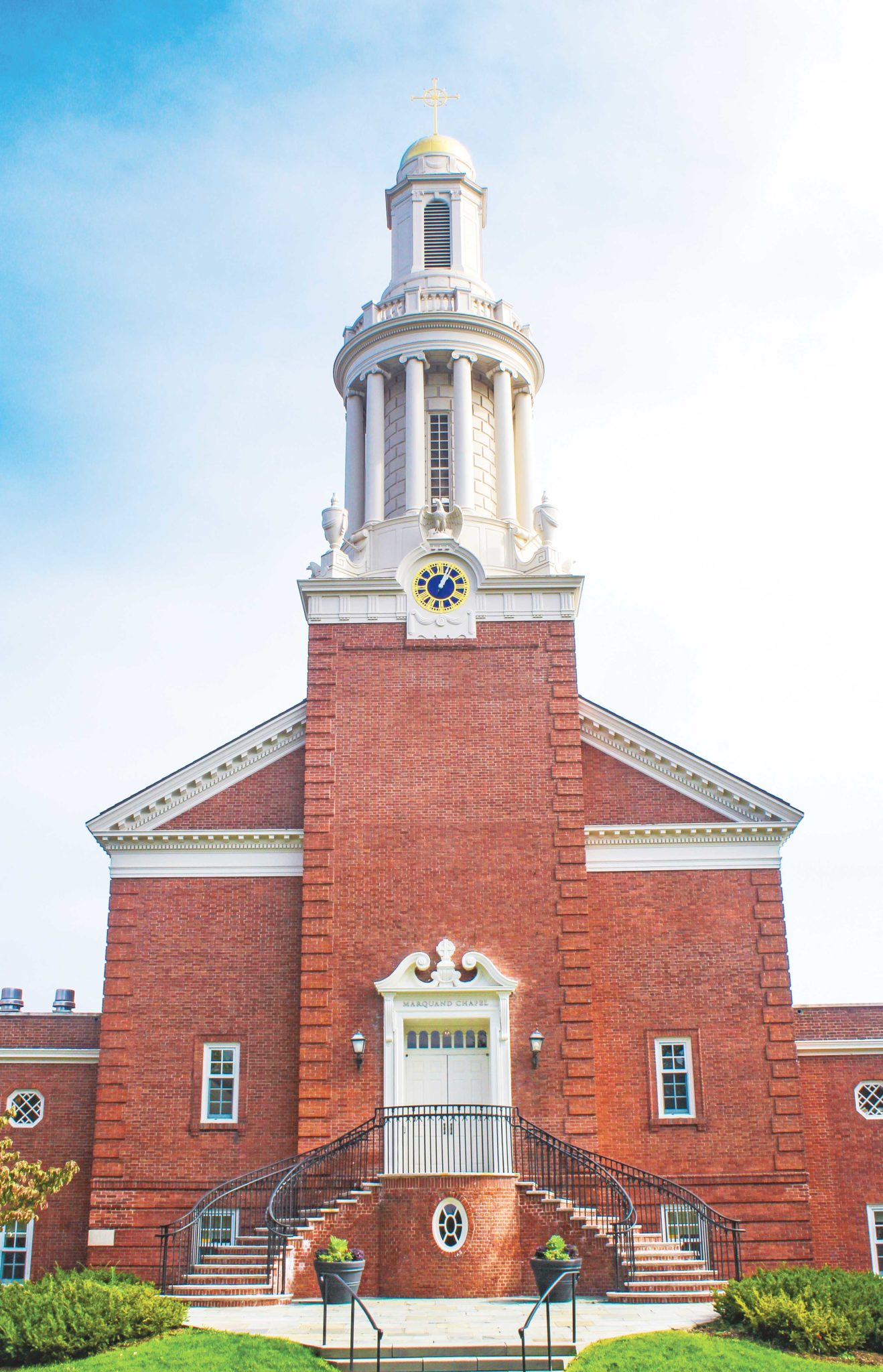
The new federal tax law threatens Yale Divinity School’s goal to eliminate tuition for all students with demonstrated financial need by 2022, according to Yale Divinity School Dean Greg Sterling.
Passed on Dec. 20, the Republican plan — which levies a 1.4 percent excise tax on university endowments larger than $500,000 per student — will make the school’s goal of minimizing students’ debt after graduation all the more difficult, Sterling wrote in a Jan. 11 statement published on the Divinity School’s website. While the school reaffirmed its goal, Sterling acknowledged that it will be hard to expand scholarships as much as hoped.
“People come here because they are passionate about serving others and fighting for social justice,” said Sterling. “They are unlikely to get paid a lot while doing that. We don’t want their future lives to be governed by levels of indebtedness for their education here. That’s why this tax plan is such a tough issue.”
The Divinity School offers the lowest tuition of any school at Yale, $24,440, which is significantly less than its annual operating budget per student of $65,000. Returns on the endowment largely make up the difference and account for approximately 75 percent of the annual budget. Tuition accounts for only 15 percent of the budget.
In any given class, about one-third of graduates go into ministry, roughly another third go on to further academic study and the final third work for nonprofits, political campaigns or at schools. Only a handful go into the corporate world, explained Sterling.
“Freeing students from debt” was the first of five “pivot points” outlined by the Divinity School when it released its Strategic Plan in 2015. The school’s research suggested that if students graduated with more than $30,000 in debt, it would likely affect their career choices, said Director of Development Jim Hackney DIV ’79.
To combat this, the school aimed to increase the annual fund for financial aid, grow the endowment and require all incoming students to take a seminar on personal financial management, he added.
The school has seen some success in this endeavor. Since 2015, the average graduate’s debt has decreased by $3,000.
When asked if he can continue the Divinity School’s success in lowering students’ indebtedness despite the new tax plan, Hackney told the News, “All I can do is roll up my sleeves and keep going.”
Perhaps most upsetting to Sterling is that the taxation of universities will provide almost negligible revenue to the federal government.
“The tax revenue will be a little more than 2 billion dollars from these schools over 10 years, which means nothing to the federal budget,” said Sterling. “I think that passing legislation that targets a select group of schools that doesn’t have a material impact on the federal budget is hard to justify.”
For Divinity School students, the future is not entirely bleak. The Divinity School’s recent affiliation with the Andover-Newton Seminary could result in a combination of the two schools’ financial resources, which would mean more financial aid opportunities for students. But, that is subject to approval by the Massachusetts attorney general and a court, said Sterling.
“I certainly do not want to count my chickens before they hatch,” he said.
One Yale undergraduate interested in the Divinity School, Jacob Abdallah ’21, said that he is “still excited at the prospect of attending the Divinity School, regardless of the effects of the new tax plan.”
Both Yale Divinity School alumni currently serving in Congress — U.S. Sen. Chris Coons, D-Del. DIV ’92, and U.S. Rep. David Price, D-N.C. DIV ’64 GRD ’69 — voted against the Republican tax bill.
Skakel McCooey | skakel.mccooey@yale.edu







